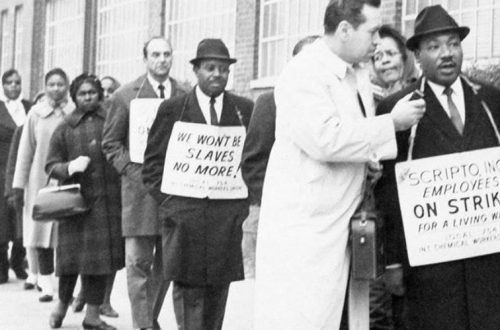This is a cross-post by Marc Goldberg
The old man talks with a slight American drawl, his trousers are pulled up past his belly button and he is wearing a dirty, navy blue Israeli Army cap on his head. He has just finished eating a plate of pasta and he is drinking water from a white plastic cup. He is the man I have come here to see, he is the man who was liberated from Auschwitz at the age of 16 and recruited into the NKVD, the forerunner of the KGB. He participated in operations against the Nazis as a warrior and quickly graduated on to smuggling survivors into British mandate Palestine.
I only had three days in London to see my family and friends but I dedicated one of them to meeting the man who now calls himself Eugene Lebovitz and hearing his story. It wasn’t easy, the wily old man flitted from decade to decade seamlessly and suddenly; one moment talking about screaming at a Hungarian prisoner of war at the close of World War II, then speaking about supplying cellphones to Israeli intelligence to allow into Gaza and then about the feeling of putting on Russian military boots for the first time after wearing wooden clogs in Auschwitz.
Piecing everything together was by no means simple.
The part of Eugene’s life that I really wanted to hear about was his role in the taking of Haifa during the War of Independence. When I asked him about it he sat back and looked at me, eyes half closed before saying the following;
“I was the chief security officer for Shell Oil in Haifa, one day an Arab employee of mine calls the office saying he can’t come in because his wife is having a baby. I get on the phone to a friend and tell him to buy all kinds of presents for a baby and then we set off to Jenin. When we turned up at the employee’s house his face went white…he starts to protest that he’s done nothing wrong and I say that I know and that he should relax we’re here with all these presents for him and his beautiful family and he can’t believe it!”
While he’s telling me this I get the feeling that he’s talking about “friends” rather than just friends, but I am loathe to interrupt.
“Some time later I hear that there’s something going on in a cafe over the road, my room mate was just shot to death and tensions in the city are running high. I call this same Arab employee and I tell him to go to the cafe and see what’s going on and to make a list of everyone there. He comes back with the list, I take a look at it and I see two names that just don’t fit so I call a friend and tell him there’s going to be some trouble and he comes to my office with a gun, then I tell my Arab employee to let these two Arabs know that there is some work going at Shell and that they should come and see me about it.
They come, my friend takes them out a side door and no one ever sees them again. A week later there were another two and we do the same thing and then those people in Jerusalem who had been sending people up to Haifa to cause trouble get the message that they should stop sending people.”
I try to pry further, to dig deeper but now we’re not talking about Haifa anymore we’re talking about a kid with an NKVD military ID and the freedom to run all over Europe doing as he pleases, we’re talking about running the British blockade into Palestine and being sent to the prison camp at Atlit just outside Haifa. We’re talking about when he was living in Tel Aviv constantly being picked up by the British because they’re sure he’s an Irgun fighter going by the nom de guerre of ‘Dov’, we’re talking about a man who was in Israel during the days of creation, a boy who became a man in ghettos and death camps, who made living into an art form. We’re talking about travels in the United States, about how he met his wife and settled in Chicago and then, as if we never left we’re back at the gates of Auschwitz.
And after all of it was said and done I realised that in the whole time we’ve been talking and all of the anecdotes he’s told me, the wily old man hasn’t answered a single one of my questions.


